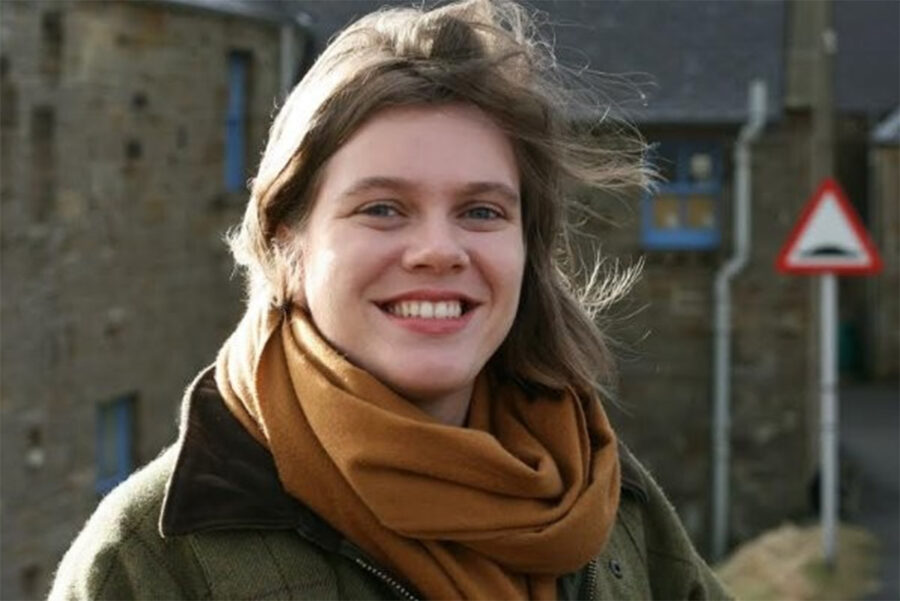International Women’s Day on 8 March saw the official launch of UK Women in Fisheries, a network for women who work in the UK fishing industry, regardless of their role or position.
The network aims to help women working in fisheries to connect and support one another, while raising the awareness of women in the UK fisheries sector.
The network is the product of a four-year project by Madeleine Gustavsson, a researcher with the Institute for Rural and Regional Research in Trondheim, Norway and the Gender and Diversity Co-ordinator on the EU Horizon Europe EmpowerUs project.
Madeleine Gustavsson’s research on women in the UK fishing industry shone a spotlight on the roles and responsibilities of women in fishing. Speaking at the inaugural event, she described the work that led to the formation of the network, and discussed the various roles held by women in fishing, which include both paid and unpaid roles.
She also talked about how, despite their involvement throughout the fishing sector, women can struggle to be included in the fishing industry.
Hannah Fennell (pictured above) of the Orkney Fisheries Association, who chaired the event, explained the importance of the network. “Women have always been an integral part of the fishing industry. From the gutter girls who processed the herring catches, to the wives and daughters who mended nets and looked after families while their husbands and fathers were at sea, the labour of women is the foundation upon which this industry is built.
“Nowadays, the role of women in fishing has expanded – women are still processing and supporting their fishing families, but are also fishers in their own rights, as well as entrepreneurs, scientists, managers, association representatives – and much more.
“Despite this increased visibility, there are still challenges to working in the industry, and barriers to entry. A male-dominated culture, long hours and, for those on vessels, lack of adequate facilities can also be an issue.
“For many women in fishing, these industry-specific issues are compounded by other factors. Women who work in the fishing industry are often based in rural and island communities and can struggle with the challenges that in itself poses, such as lack of childcare and access to other key services.”
The second speaker at the launch event, Tina Barnes, head of impact at The Seafarers’ Charity, spoke about the need for the network. She highlighted the lack of data on the work carried out by women, and how that can weaken the industry and lead to policy decisions that fail to account for the impact on women.
Tina Barnes emphasised the importance of the new network, and encouraged people both
to get involved and to let the network know what they feel needs to be done to support women in the industry.
To find out about becoming a member of the network or in read more about Madeleine Gustavsson’s research, click here.
This story was taken from the latest issue of Fishing News. For more up-to-date and in-depth reports on the UK and Irish commercial fishing sector, subscribe to Fishing News here or buy the latest single issue for just £3.30 here.








